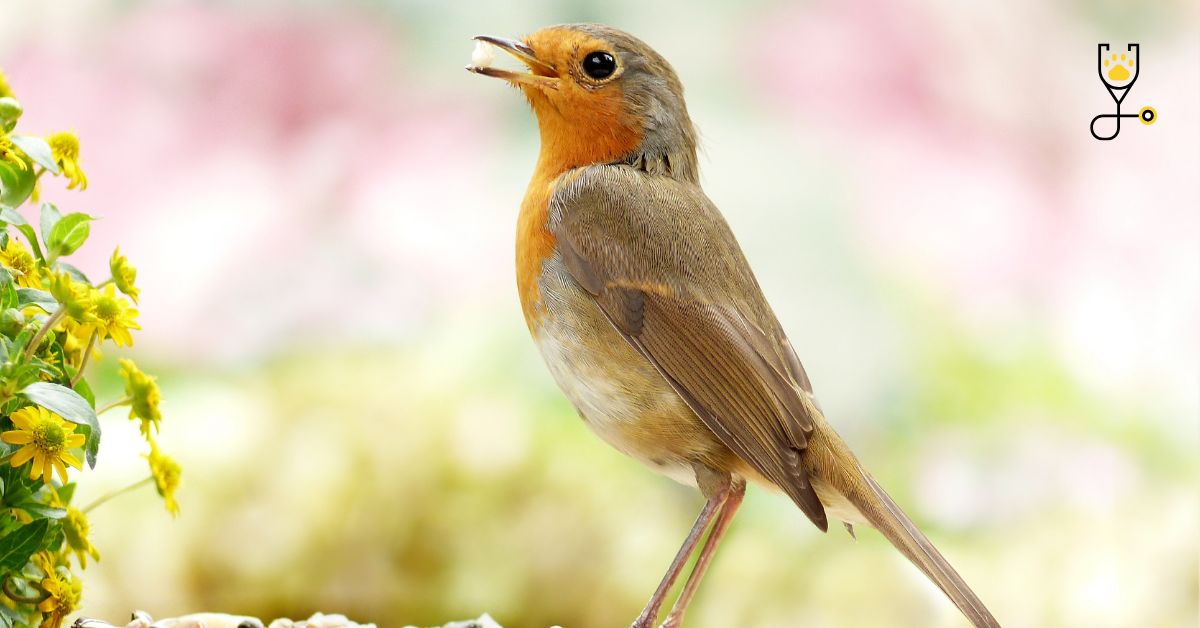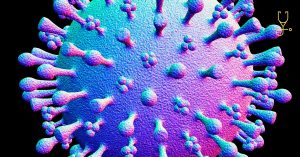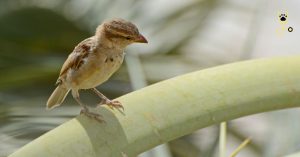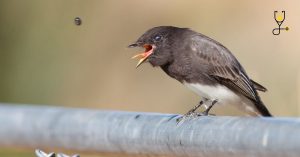As a bird owner, the well-being of your feathered friend is undoubtedly important to you. With that in mind, it’s essential for you to be aware of potential health issues that might arise in their lives so that you can provide them with the necessary care if need be. In this blog post, we will cover some of the most common health conditions afflicting birds and discuss important preventive measures you can take as well as what treatments are available should any problems arise. Keep reading for all the information on bird health issues every owner needs to know!
Learn: How to Choose a Qualified Avian Vet

Some Serious Health Issues
1. Bacterial Infections
Bacterial infections can be caused by a variety of sources and can present in multiple ways from sneezing and coughing to lethargy, loss of appetite, and fluffed-up feathers. Treatment may involve antibiotics or other medications depending on the severity of the infection.
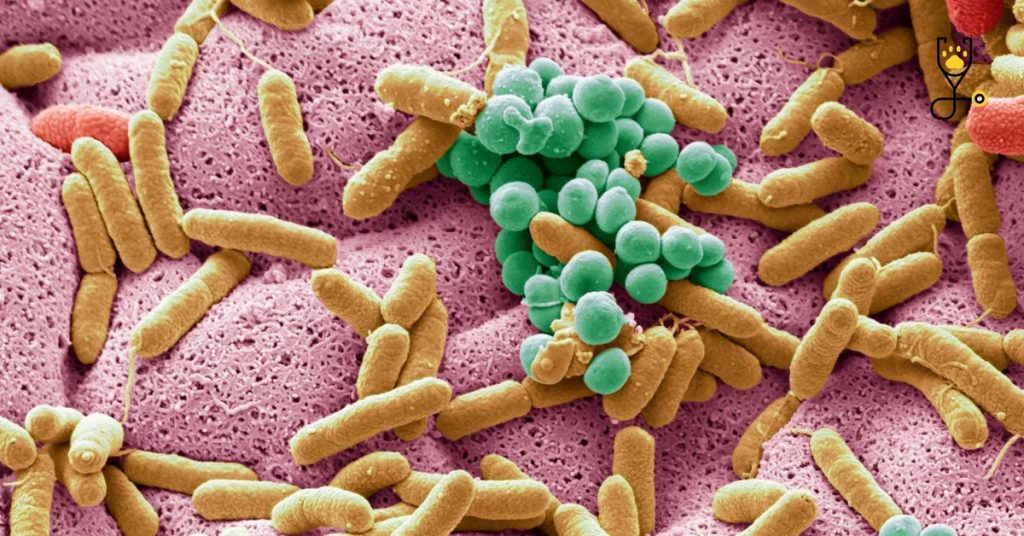
2. Protozoal Infections
These types of infections are caused by parasites like coccidia, trichomoniasis, and giardia and can cause diarrhea, weight loss and difficulty breathing in birds. Treatment often involves antiparasitic medications or antibiotics depending on the type of parasite involved.
3. Parasitic Mites
These mites live mainly in cage bars but can also affect feather follicles which causes itching and discomfort for birds. Treatment involves using medicated sprays and shampoos to help eliminate the mites as well as cleaning the cage regularly.
4. Viral Infections
Viral infections like polyomavirus, adenovirus, and psittacine beak and feather disease (PBFD) can cause a range of symptoms from sneezing to changes in color or texture of feathers. Treatment is usually symptomatic but vaccination may be recommended if the virus is particularly dangerous.

5. Fungal Infections
Fungal infections are typically caused by environmental factors such as humidity or overcrowding and can cause respiratory difficulties as well as feather destruction among other symptoms. Treatment often involves antifungal medications given orally or as a topical spray.
6. Egg Binding
This occurs when an egg is too large to pass through the bird’s reproductive tract and requires prompt medical attention in order to prevent further complications from developing. Treatment involves careful manipulation of the egg and possibly antibiotics or other medications depending on the severity of the case.
7. Nutritional Deficiencies
Birds require a balanced diet with plenty of vitamins, minerals, and proteins in order to stay healthy, so deficiencies can cause problems like feather destruction or poor feather growth among other symptoms. Treatment may involve dietary changes or dietary supplements depending on the type of deficiency involved.
8. Respiratory Issues
Respiratory issues can be caused by fungal infections, bacterial infections, viral infections, or even allergies and can result in difficulty breathing, coughing, sneezing and more. Treatment may involve medications such as antibiotics or anti-inflammatory drugs depending on the cause of the problem.
9. Polyomavirus
This is a particularly nasty virus that can cause serious disorders like tumors or paralysis in birds. Treatment typically involves supportive care such as fluids to help keep a bird hydrated during infection as well as various medications to combat any secondary infections that might arise while they are immunocompromised.
10. Egg Yolk Peritonitis
This is a condition usually caused by trauma to the abdomen during egg laying which leads to inflammation of the oviduct wall and accumulation of yolk within it. Treatment typically involves surgery or other minimally invasive procedures to drain the yolk from the affected area.
11. Fatty Liver Disease
This condition is caused by an imbalance in dietary intake and can cause liver failure among other symptoms. Treatment often involves dietary changes as well as medications to help regulate fat metabolism and reduce inflammation.
12. Avian Gastric Yeast
This fungus infection can cause poor appetite, weight loss, vomiting and regurgitation among other symptoms. Treatment may involve antifungal medications or dietary changes depending on the severity of the case.
13. Vitamin A Deficiency
Vitamin A is an essential vitamin that birds need in order to stay healthy but deficiencies can lead to problems like respiratory issues, eye issues, feather destruction, and more. Treatment often involves dietary changes or supplementation with vitamin A.
14. Psittacine Beak and Feather Disease
This is a particularly nasty virus that causes severe feather deformities and can even lead to death if left untreated. Treatment typically involves supportive care such as fluids to help keep the bird hydrated and various medications to combat any secondary infections that might arise while they are immunocompromised.
15. Bacterial Infections
Bacteria can cause a range of symptoms from respiratory issues to skin infections among other problems. Treatment usually involves antibiotics to help fight off the infection but may also include topical treatments or dietary changes depending on the severity of the case.
Conclusion
Birds can be prone to a wide variety of medical issues, so it’s important to take them to the vet for regular check-ups and to watch out for any signs that something might be wrong. Treatment often involves medications or dietary changes depending on the condition, but early detection and prompt medical attention are key in order to prevent further complications from developing. By being aware of common bird illnesses and taking precautions against them, you can help keep your feathered friend healthy and happy.
Similar reads: Why Birds Need Annual Vet Visits!
FAQs
Q. What is the most common bird illness?
A. The most common bird illnesses include respiratory issues, polyomavirus, egg yolk peritonitis, fatty liver disease, avian gastric yeast, vitamin A deficiency and psittacine beak and feather disease.
Q. How do I treat a bird illness?
A. Treatment for a bird illness will depend on the specific condition but often involves medications or dietary changes depending on the severity of the case. It’s important to take your bird to the vet for an accurate diagnosis and treatment plan.
Q. Are there any preventative measures I can take against bird illnesses?
A. Yes! Regular check-ups with your veterinarian and making sure your bird has a balanced diet can go a long way in keeping them healthy and preventing illnesses. Additionally, maintaining good hygiene of their cage and environment is also important to help reduce the risk of illness.
Q. What should I do if my bird shows signs of an illness?
A. If you notice any changes in behavior or physical appearance which may indicate an illness, take your bird to the vet for an accurate diagnosis and treatment plan as soon as possible. Early detection and prompt medical attention are key in order to prevent further complications from developing.
Q. What if my bird’s illness doesn’t respond to treatment?
A. If your bird’s condition does not improve with the recommended treatment, it is important to reach out to a vet or avian specialist for further advice on how to manage the situation. It could be necessary to try different treatments or medications in order to help your bird get back on track. Additionally, staying in close contact with your vet will also ensure that any changes in their condition are monitored and addressed accordingly.

